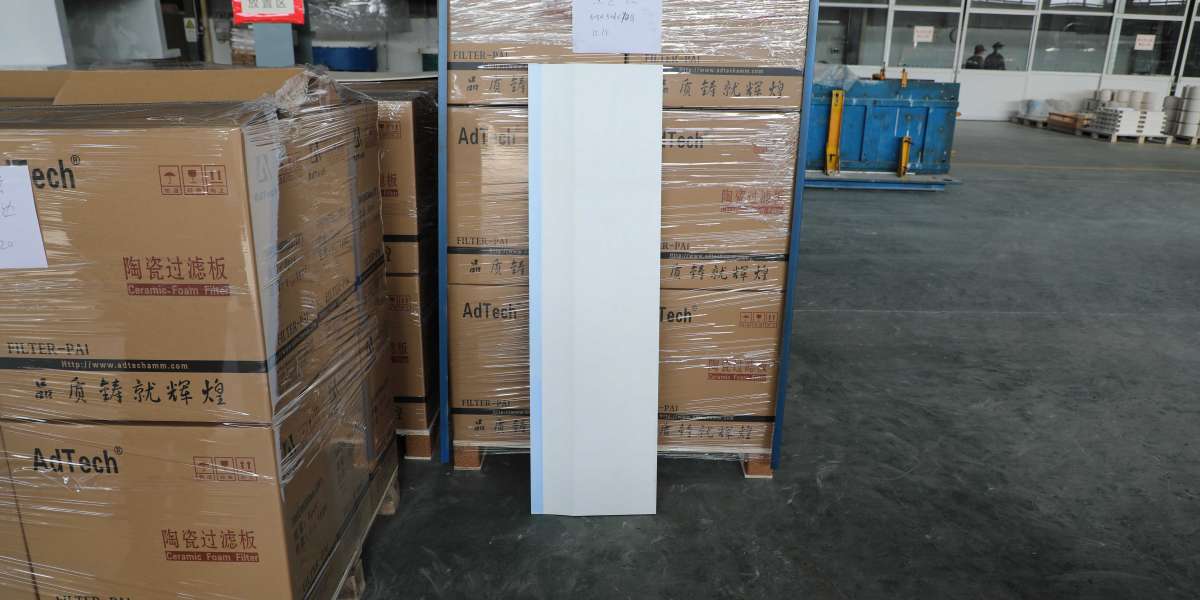The Continuous Caster Tips is a refractory material used to feed molten metal into the nip. The casting tip is a very critical tool for the production of aluminum castings and rolled parts.
The quality of the splitter structure of the partition in the casting tip nozzle directly affects the flow field distribution of molten aluminum, and will affect the uniformity of molten aluminum crystallization, thereby affecting the grain size of the cast-rolled plate.
Continuous casting of aluminum has been carried out using continuous casting machines in commercial-scale operations for many years. This continuous casting machine includes a pair of rotating water-cooled rollers.
For example, the molten aluminum is fed into the nip of the rolls before the closest line of the two rolls. By touching the rollers, heat is quickly absorbed from the molten metal and freezing occurs before the metal reaches the pipeline closest to the two rollers. A significant thermal shrinkage of the thickness of the formed aluminum plate occurred between the rollers that recrystallized the aluminum plate.
The caster tip is located in front of the roll in the rolling equipment in the aluminum alloy field, and is used to guide the aluminum alloy. The aluminum melt enters the Continuous Caster Tips from the feed port at the rear end, and then is sent out from the discharge port at the front end and enters the roll, where it is cooled by the roll and rolled into a cast billet.
Continuous Caster Tips Advantages
- Made from nano-scale fibrous composite materials, its particle size distributes uniform, produce by the precision equipment and appropriate density and rigidity, and stable size.
- It brushes specialized coating on the key parts of the caster tip. It has the advantages of no peeling and non-stick molten aluminum and good erosion resistance.
- The internal structure is designed with a reasonable and symmetrical runner to meet the fluid dynamics requirements of aluminum liquid.
- Good heat insulation in order to effectively control the constant temperature during aluminum casting. It is the best choice for producing high-quality aluminum foil stock.
- Few deforming, easy to adjust the roll gap, effectively reduce white strip and dark line problems, and improve the smooth surface of aluminum foil.



